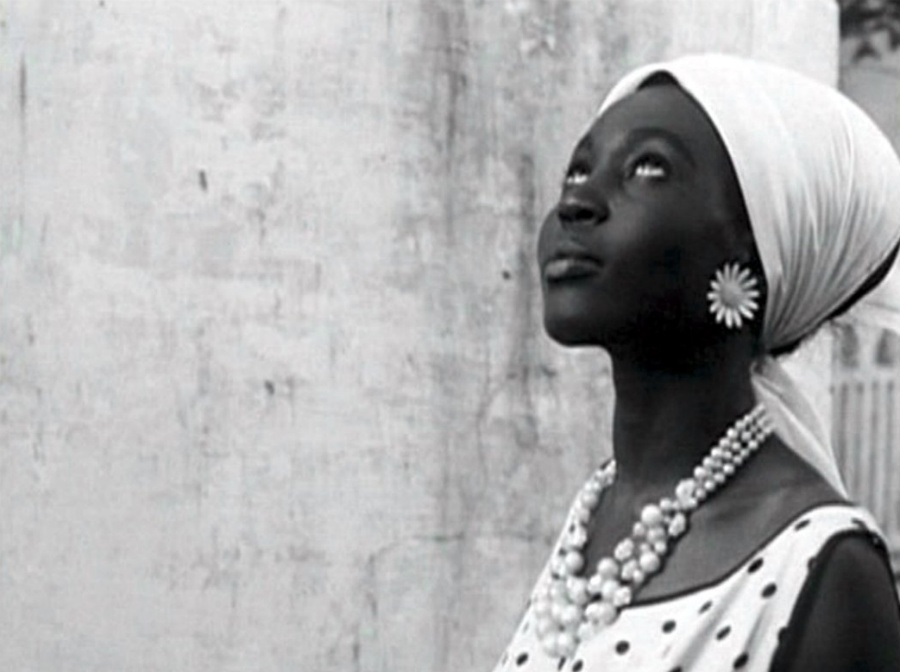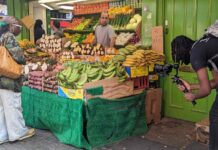In follow up to our interview with the curator, Katrin Magnussen took some time out to go and see a few of Film Africa’s offerings at the Ritzy. Filmed from Peckham to Cape Verde, here are a few she suggests looking out for if you didn’t get chance to go.

Firstly, Senegalese classic Black Girl took me by surprise. A classy film noir from 1966’s South of France told the harsh story about a young black girl working as a domestic servant for a noveau riche French family.
Narrated by the servant, it was a poignant tale about cultural clashes and the devastating loneliness connected with moving away from one’s homeland. The film left me feeling that, although Ousmane Sembene’s first feature harks back almost 50 years ago, it sadly has just as much relevance in 2013.
Then there was Kontinuasom, which explored the musical heritage of Cape Verde. Kontinuasom chartered the agonising decision of a talented local dancer, Betti, to leave her beloved country to for Portugal, in order to partake in a dance tour. It mirrors a move many Cape Verdians make in the quest for a different life.
Betti’s decision-making process was juxtaposed alongside the exuberant, traditional music and dance of the island. A treat for anybody interested in exploring the country’s rousing and captivating musical styles.
In a similar vein, the short film Dona Tututa was all about the music of Cape Verde but channelled through its famous pianist, Epifania Evora. This was a sweet film about the impressive, and at times sad, personal voyage of one of the country’s best loved musical heroines and greatest exports, ‘Dona Tututa’. I came away smiling and full of admiration for this 94-year old who still plays the piano with a zest and vigour someone half her ago would envy!
Finally came the brilliant British documentary by first time filmmaker (of Nigerian heritage) Adeyemi Michael, Sodiq. The film told the story of Adeyemi’s childhood friend (Sodiq) who, despite excelling academically now, is imprisoned for killing another young man in a gang-related fight in Peckham.
Sadly, this is not a unique story in London. But what elevated the film was the filmmaker’s presence and narration. Adeyemi’s closeness to the subject and his family, and the audience, felt privy to more than just ‘another gang murder story’. Instead, it was a raw and tender look beyond any sensationalist gang violence headlines, resulting in a powerful movie that should be part of the curriculum in UK schools.
So how do I feel now the festival has come to an end? Enriched. I thoroughly enjoyed my journey into African film-making and am already looking forward to next year!














